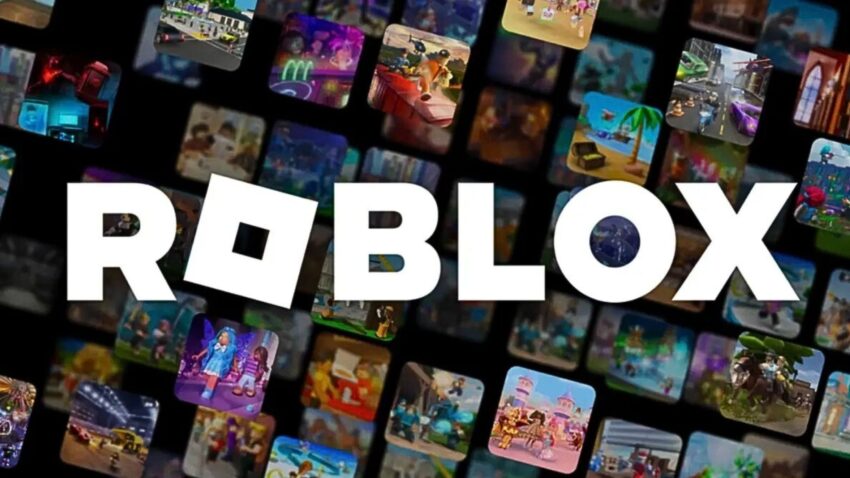If you’re tired of censorship and dystopian threats against civil liberties, subscribe to Reclaim The Net.
Lawmakers in Louisiana are seizing on growing public anger over safety concerns within Roblox to advance calls for mandatory age verification across all digital platforms.
Attorney General Liz Murrill filed a lawsuit Thursday targeting the massively popular online gaming site, accusing it of fostering conditions that allow child predators to operate with little resistance.
We obtained a copy of the complaint for you here.
Murrill said the platform’s failure to verify user ages has created a breeding ground for abuse, and she is urging major tech companies to adopt strict age verification protocols. “Roblox is overrun with harmful content and child predators because it prioritizes user growth, revenue, and profits over child safety,” she stated in a press release.
“Big Tech platforms must get on board with age verification laws,” Murrill posted on X.
In her view, the platform’s continued operation poses a danger to young users. “Due to Roblox’s lack of safety protocols, it endangers the safety of the children of Louisiana,” she said.
The complaint, filed in state court, paints a picture of a digital environment where safeguards are minimal and adult predators can exploit anonymity to target children.
The push for tighter restrictions aligns with legislative efforts in the state, such as Rep. Laurie Schlegel’s Kids Online Protection and Anti-Grooming Act. While the bill doesn’t directly impose age verification, its provisions make it practically unavoidable.
Platforms would be responsible for preventing minors from interacting with adults online, a requirement that could only be met through verifying user ages.
Roblox, which boasts over 111 million monthly users, describes itself as “the ultimate virtual universe that lets you create, share experiences with friends, and be anything you can imagine.”
While the platform does impose some limits, like restricting the sharing of personal information and disabling video or image sharing in chats, users continue to find ways to bypass these controls.
The company claims to have a “zero-tolerance policy for the exploitation of minors” and restricts chat capabilities for users under 13 unless granted explicit parental permission. Additionally, private chats are unencrypted, allowing Roblox to monitor conversations internally.
Despite these efforts, Murrill argues that the lack of a digital ID requirement leaves the door wide open for abuse. Users can sign up without any real barrier, meaning children, teenagers, and adults posing as kids all mix within the same digital spaces.
More: The Digital ID and Online Age Verification Agenda
The company has recently taken some steps toward addressing these concerns. In July, Roblox introduced a system requiring teens aged 13 to 17 to submit a video selfie to access unrestricted chat features, but only if they choose to interact with “trusted connections.” The feature is still in testing, according to the company’s website.
In a statement made earlier this month, Roblox said it had implemented artificial intelligence tools to identify possible signs of exploitation, including sexually suggestive language. According to the company, these tools resulted in over 1,200 reports being sent to the National Center for Missing and Exploited Children in the first half of 2025.
Murrill’s campaign to mandate age verification on platforms like Roblox is meeting strong resistance online, where a growing chorus of voices argues the move would do little to protect children while inflicting serious harm on privacy and civil liberties.
Social media users took to reply to Murrill on X to sharply criticize her approach, calling it less about child safety and more about expanding surveillance and control. “DO NOT BE FOOLED. THIS IS NOT ABOUT KEEPING CHILDREN SAFE. IT IS ABOUT CENSORSHIP AND CONTROL,” wrote one user, who warned that “companies cannot even keep your debit card and phone number safe. DO NOT TRUST THEM WITH YOUR IDENTITY.”
A widely circulated image in the same post listed “Five Reasons to Say NO to Digital ID,” including concerns over privacy loss, centralized control, data breaches, exclusion, and irreversible erosion of freedoms.
Others questioned why lawmakers weren’t putting the responsibility on families. “Why can’t you encourage parents to parent?” another user asked. “Age verification will do nothing. You don’t bring your kids to a bar, don’t leave the Internet to raise them. There are ample parental tools.”
Some responses were more blunt in their condemnation of what they saw as authoritarian overreach. “You want to build a social-credit panopticon,” one user posted. “The fact that you are using actual harassment and abuse as a Trojan horse to do so is vile.”
If you’re tired of censorship and dystopian threats against civil liberties, subscribe to Reclaim The Net.
The post Louisiana’s War on Roblox Turns Parental Failure Into a Digital ID Crusade appeared first on Reclaim The Net.
Click this link for the original source of this article.
Author: Ken Macon
This content is courtesy of, and owned and copyrighted by, https://reclaimthenet.org and its author. This content is made available by use of the public RSS feed offered by the host site and is used for educational purposes only. If you are the author or represent the host site and would like this content removed now and in the future, please contact USSANews.com using the email address in the Contact page found in the website menu.





